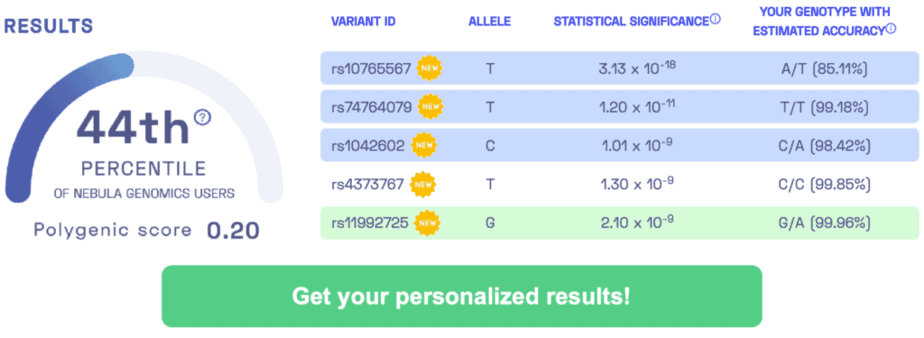STUDY TITLE: A genome-wide investigation of food addiction
SUMMARY: Identification of 2 genetic loci correlated with the development of an addiction to food.
DESCRIPTION: Foods, especially those that are high in sugar, fat, or salt, can trigger the release of the feel-good chemical known as ‘serotonin’ in our brains. Though an ongoing debate within the scientific community, addictions to things like eating are believed to share mechanisms with drug addiction. This addiction can involve binge eating and a lack of control around food, putting those affected at a high risk of developing obesity. To identify genetic variants that are associated with this type of addiction, this study examined the genomes of 9,314 women of European ancestry. Researchers discovered 2 loci correlated with being addicted to certain types of food. The first locus is in a gene that plays a role in food metabolism, and the other was previously linked to brain development. The study did not uncover direct genetic links with drug addiction.
DID YOU KNOW? Overcoming food addiction is very difficult. Avoiding trigger-foods that you binge on and finding healthier options may help mediate this addiction. [SOURCE]
SAMPLE RESULTS: Learn more about the Nebula Research Library.

ADDICTION-ASSOCIATED VARIANTS: rs75038630, rs74902201
ADDITIONAL RESOURCES:
What does it mean to be addicted to food?
Parallels Between Different Addictions
WEEKLY UPDATE: September 26, 2019
